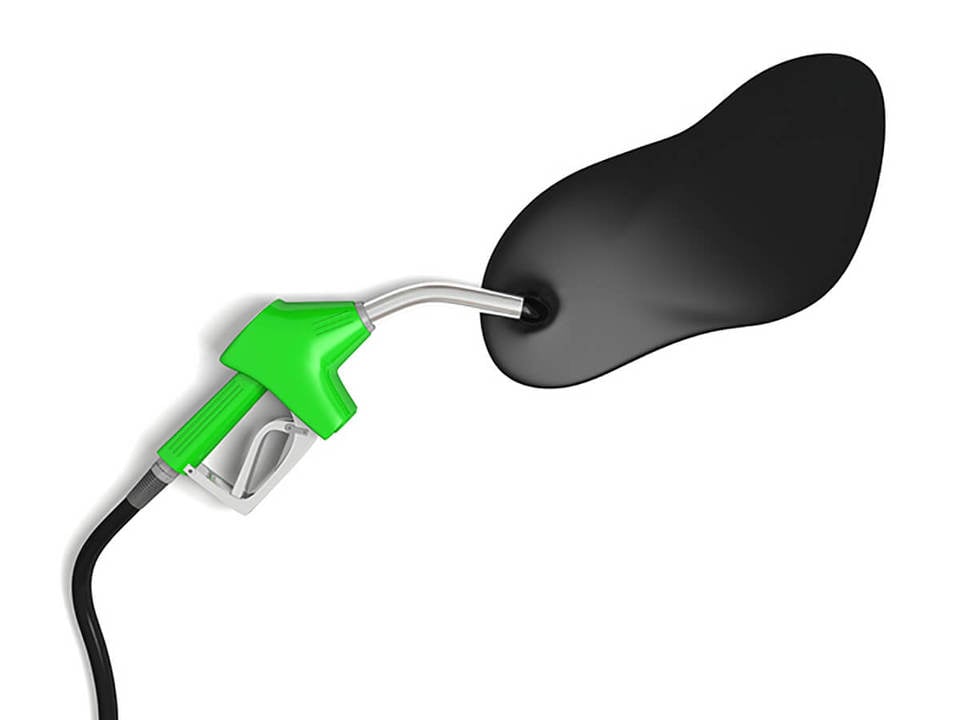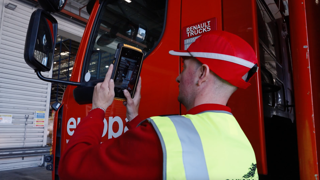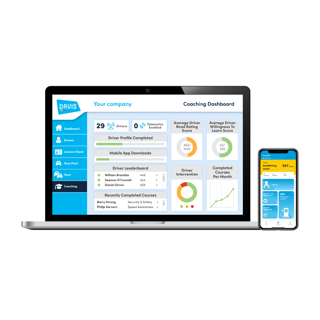Fleet operators and service managers will be feeling the pinch this week as diesel prices in the UK hit an all-time high, at a massive 143.05p per litre.
With pressure from director level to reduce costs and increase efficiency, technology may provide a solution, says Trimble, a leading provider of field and fleet technology.
According to RMI Petrol, the price of diesel has rocketed by 10 pence over the last 12 months and is now running at twice the rate of inflation. This news adds further pressure to already cash-strapped businesses, especially those in transportation or those with large field forces out on the road, who have considerable monthly fuel bills.
The future for fuel prices also looks bleak as global factors including rising crude oil prices, closing refineries and pressure on supply, means there will be further rises by Easter, according to RMI Petrol. In August, fuel duty is set to rise again by 3.02 pence per litre, increasing to 4p per litre once VAT at 20% is added.
Andrew Yeoman, managing director of Trimble Fleet Solutions in the UK, said that despite the critical situation, companies can offset the rises by deploying telematics technology, which can make vehicles more productive and efficient reducing fuel use by up to 30%.
He said: “Businesses running fleets have felt the full force of the price increase over the course of the year. What’s more, many pundits are predicting further misery in the next six months.
“There are though ways to cushion the blow of diesel costs and begin to get to grips with your expenditure. Pinpointing where fuel is being lost or unnecessarily wasted is crucial. The latest telematics software, for example, can help to reduce unnecessary driving and improve fuel efficiency.”
Trimble’s technology enables companies to monitor fuel consumption, mpg and CO2 outputs, helping to reduce fuel use and improve a company’s carbon footprint.
Trimble also suggests that a key factor in controlling fuel costs lies with the employee behind the wheel.
Yeoman continued: “Technology can be beneficial to show how economical a driver or vehicle is, helping companies optimise their fuel usage.
“Telematics and fleet management technology for instance provides analysis of an employee’s driving style and behaviour behind the wheel which can be monitored and allow the company to take appropriate action.
“The key to achieving these savings is in the supply of real-time data from both the driver and the vehicle.”
Research conducted by Trimble found that 85% of fleet managers believe fuel efficiency is the biggest challenge facing their businesses. The survey showed businesses are keen to respond to the threats posed by fuel price increases by finding ways to make fleets more fuel efficient, especially by reviewing vehicle use and monitoring driver behaviour.



















Login to comment
Comments
No comments have been made yet.